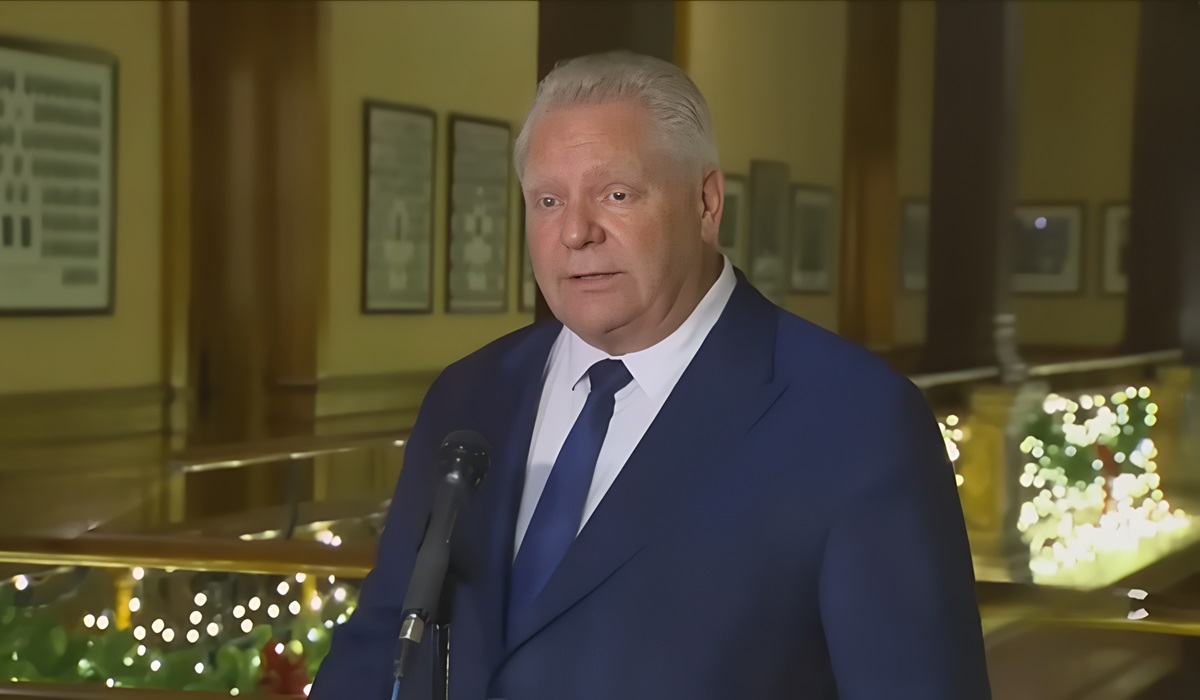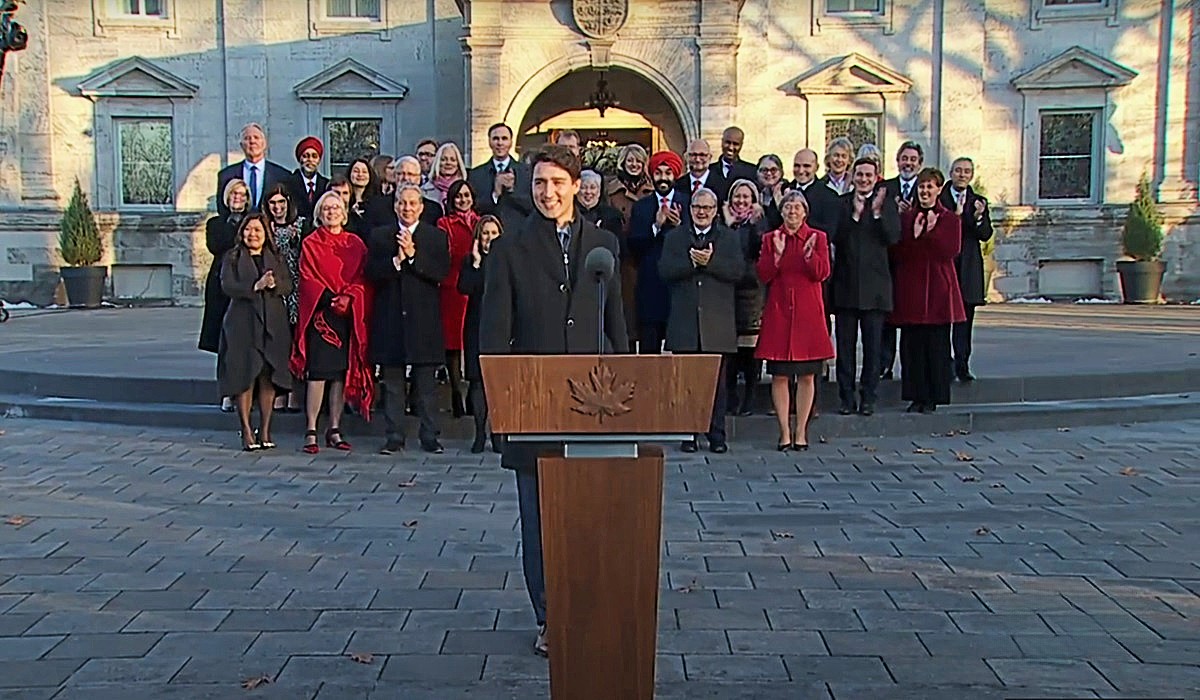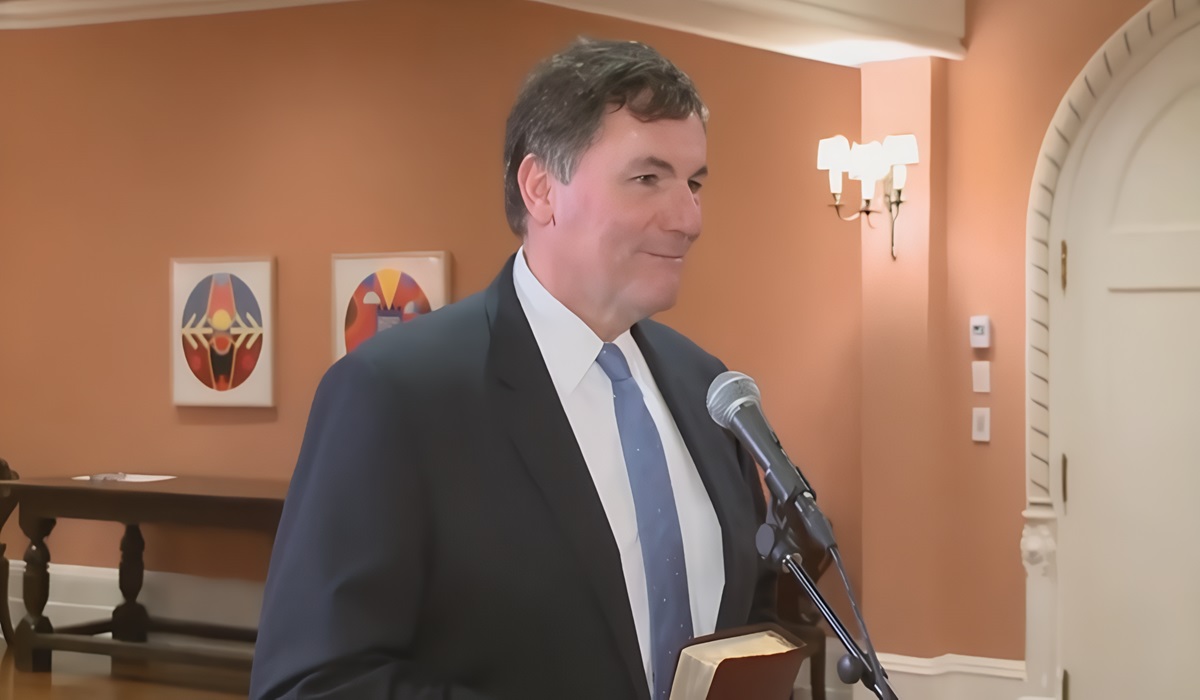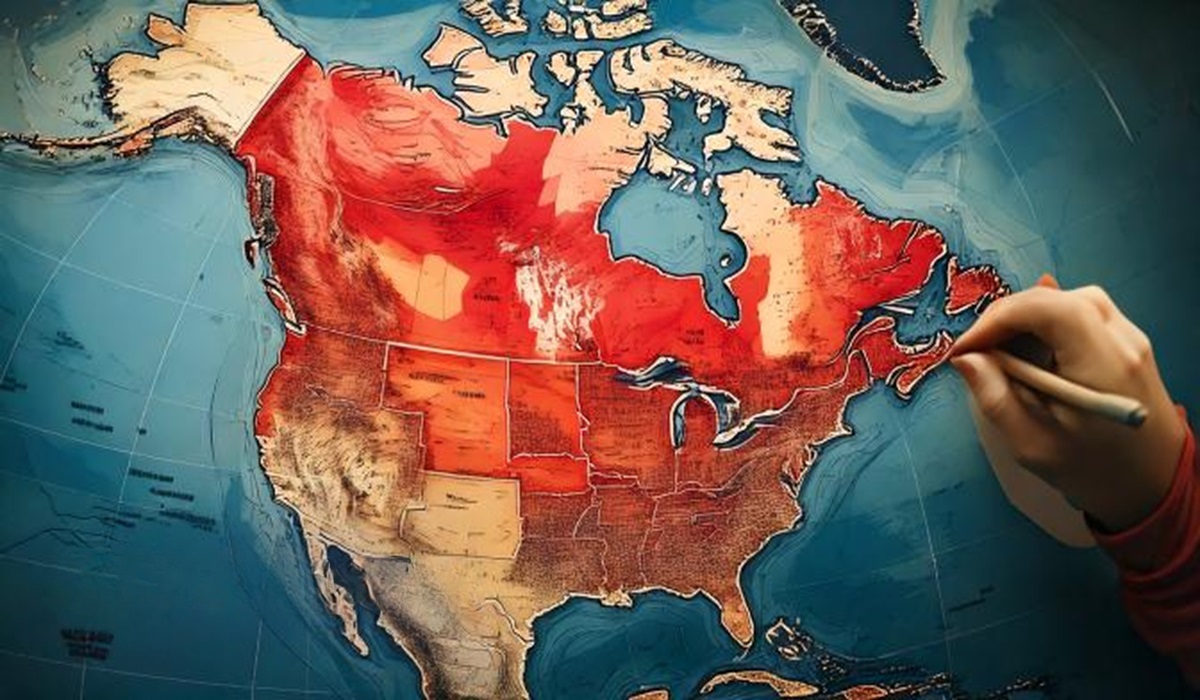Trudeau Accuses India of Backing Violence Against Canadians Amid Diplomatic Standoff
- TDS News
- Canada
- October 16, 2024
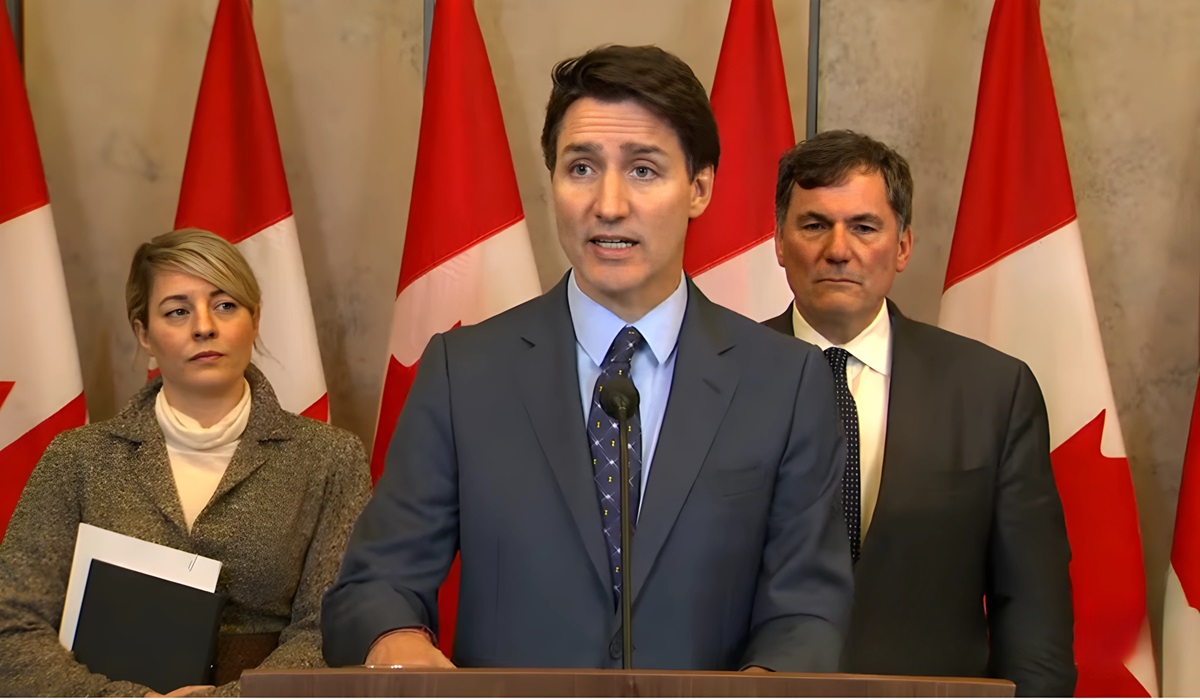
Prime Minister Justin Trudeau has accused the Indian government of supporting a campaign of violence against Canadians, stating that India has made a “fundamental error.” The accusations follow a series of growing diplomatic tensions between Canada and India, which last year led to the expulsion of diplomats and mounting concerns about the safety of certain members of the South Asian community. Trudeau’s claims specifically point to threats against members of the pro-Khalistan movement, a separatist group that has long been controversial in both India and Canada. The Indian government has denied the allegations, calling them baseless and harmful to bilateral relations.
Trudeau also emphasized that his government had directly confronted Indian officials with evidence, which had been dismissed. According to the Royal Canadian Mounted Police (RCMP), credible threats have been made against members of the South Asian community, especially those linked to the pro-Khalistan movement. This deepens the crisis, as the RCMP suggests these threats may be connected to foreign actors.
The pro-Khalistan movement, which seeks to create an independent Sikh homeland in India’s Punjab region, has a complicated and often violent history. Emerging in the 1980s, the movement peaked during a period of intense clashes between Indian security forces and Sikh separatists. Operation Blue Star in 1984, where the Indian Army raided the Golden Temple in Amritsar, marked a turning point that solidified the resolve of many Sikhs to pursue independence. While support for Khalistan has waned inside India, the movement remains active among diaspora communities, particularly in Canada, the United Kingdom, and the United States, where activists continue to call for a separate Sikh state. These movements are often viewed with suspicion, and some countries, including India, have labeled certain pro-Khalistan groups as terrorist organizations.
The designation of these groups as terrorists stems from their involvement in violent actions, most notably the 1985 bombing of Air India Flight 182, which killed 329 people, many of them Canadian citizens. This act of terrorism linked the pro-Khalistan movement to extremist violence in the eyes of several governments, and the fear of further attacks has kept the movement under intense scrutiny. India has consistently argued that pro-Khalistan militants are using foreign soil, particularly in Canada, to fund and promote separatist activities. Canada, while condemning violence, has allowed political advocacy for the Khalistan cause, much to India’s dismay.
The current diplomatic spat intensified after the assassination of Hardeep Singh Nijjar, a prominent Sikh leader and vocal supporter of Khalistan, in British Columbia in June 2023. The RCMP linked his killing to foreign interference, alleging that agents connected to the Indian government orchestrated the assassination. Trudeau’s public statements about India’s involvement in Nijjar’s death have added fuel to the fire, further souring relations between the two countries. While India has denied any involvement and framed Nijjar as a terrorist involved in violent separatist activities, Trudeau’s accusations have ignited a heated debate both within Canada and internationally.
For Trudeau, this situation is politically delicate. Canada’s Sikh community is influential, and by taking a firm stance against India, Trudeau could be appealing to domestic voters who view the Indian government’s actions as oppressive. However, this approach is not without risk. India is a major economic and geopolitical power, and alienating such an important partner could harm Canada’s trade relations and broader foreign policy interests. Trudeau’s government has to navigate these challenges while upholding its commitment to human rights and the protection of Canadian citizens from foreign interference. The prime minister’s accusations are part of a broader narrative in which Canada is positioning itself as a defender of democratic principles, even as it risks damaging ties with India.
India has responded to the escalating tensions by expelling Canadian diplomats and dismissing the allegations as an attempt to divert attention from Canada’s inability to control extremist elements within its own borders. The Indian government has long demanded that Canada take stronger action against pro-Khalistan groups, which it claims are fueling violence in India. Trudeau’s statements, combined with the growing allegations of foreign interference in Nijjar’s death, have made it clear that relations between the two countries are likely to remain strained for the foreseeable future.
For the Trudeau government, the stakes could not be higher. Should the RCMP’s investigation confirm India’s involvement, it could lead to severe diplomatic repercussions and possibly even international condemnation of India’s actions. However, if the accusations are found to be unfounded or exaggerated, Trudeau’s credibility could suffer both domestically and internationally, leaving his government vulnerable to criticism. Regardless of the outcome, the diplomatic fallout from these allegations will undoubtedly shape the future of Canada’s foreign policy and its relations with India, a relationship that has now been severely tested.





